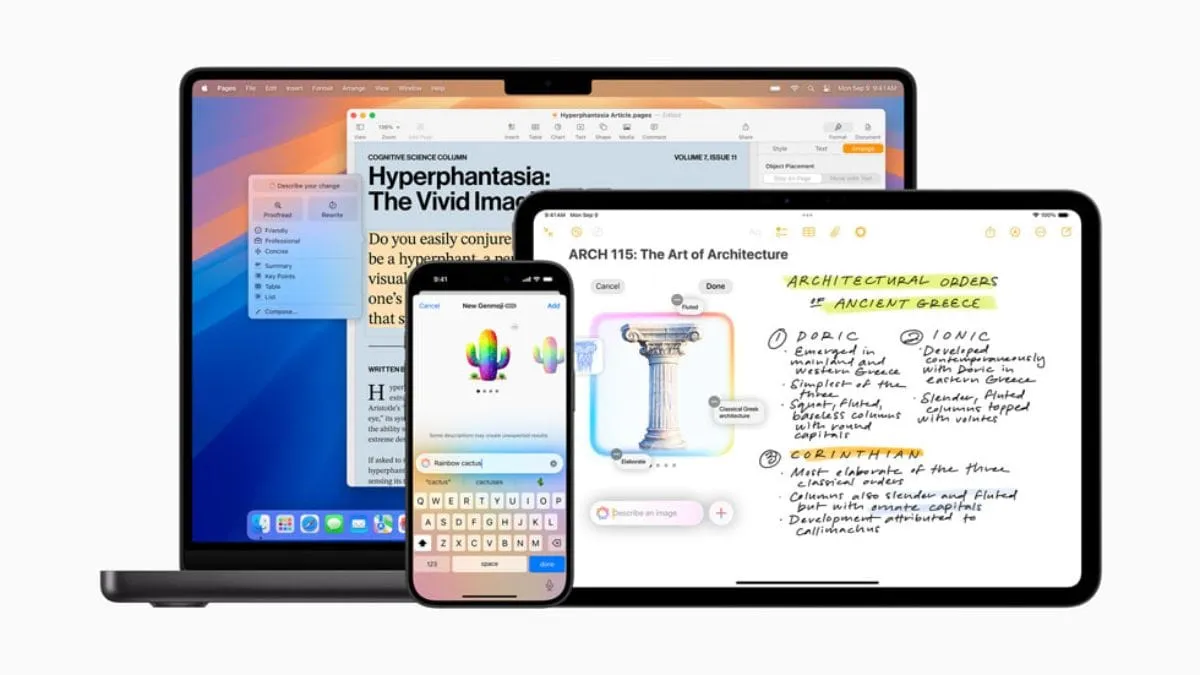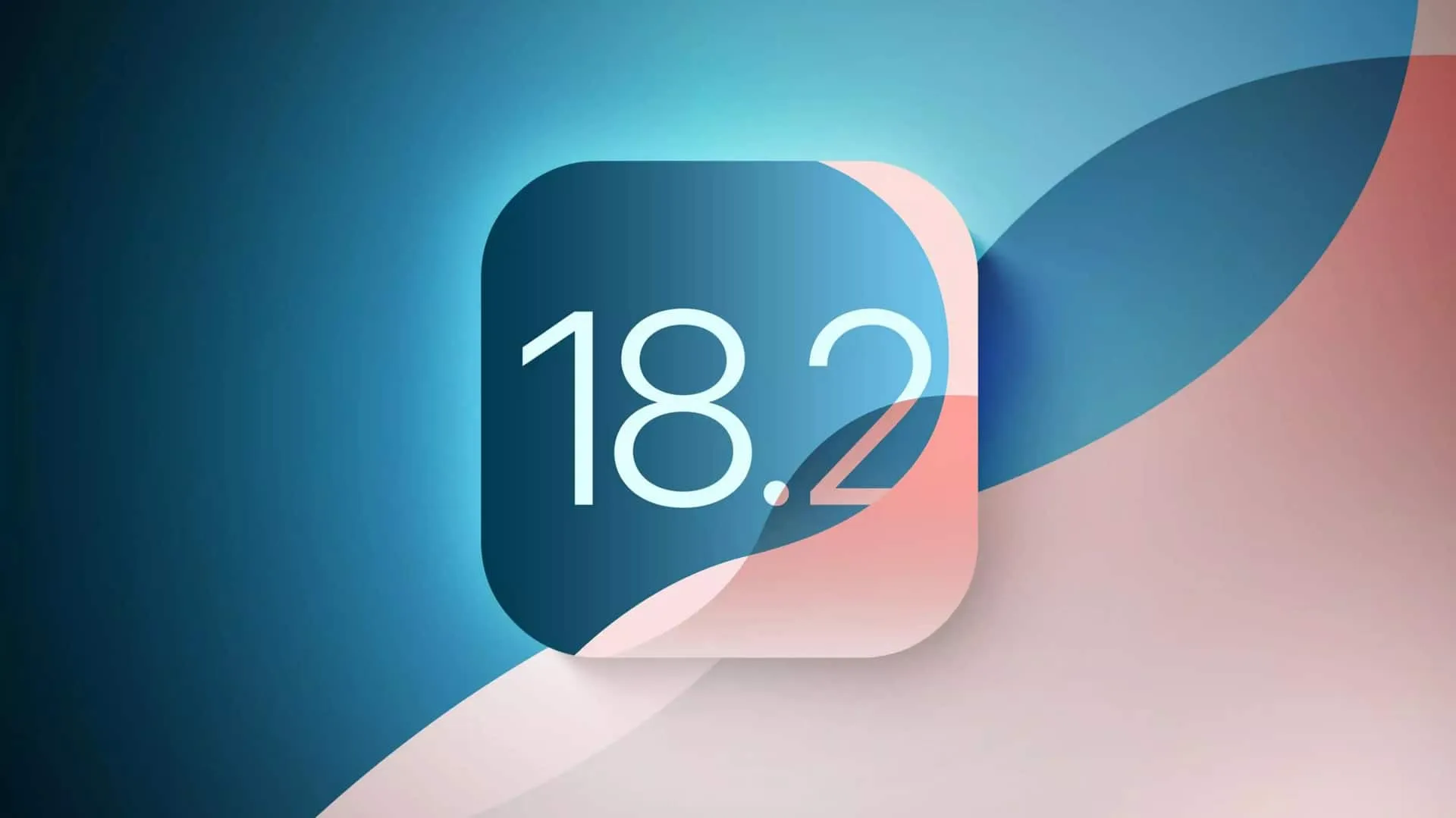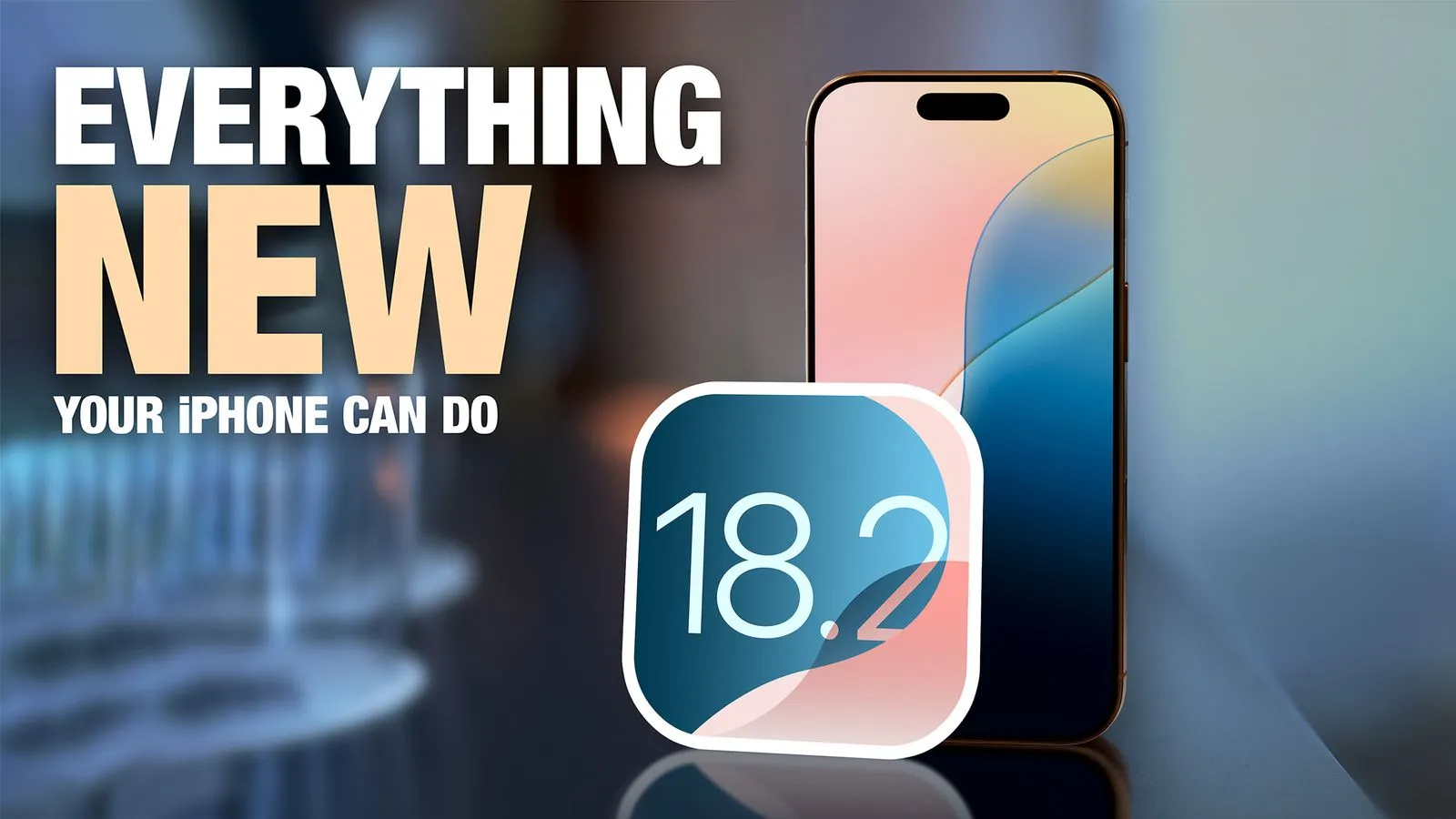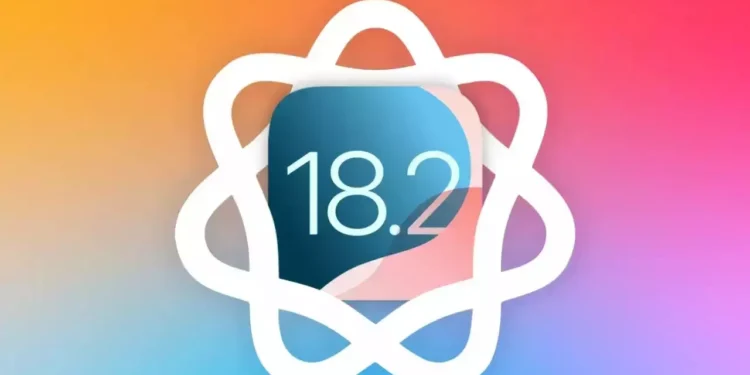Released after months of anticipation and beta testing, iOS 18.2 is not your typical system upgrade. It represents the culmination of Apple’s efforts to integrate artificial intelligence more deeply into the iPhone experience. As noted by Allison Johnson, a seasoned tech reviewer, the journey began with iOS 18.1, which introduced basic AI-driven features like notification and email summaries, and a photo clean-up tool. However, it was merely a stepping stone to something bigger.
With iOS 18.2, users are treated to a more robust AI feature set. The update includes the new Image Playground app for generating AI images, Genmoji, and a significant enhancement to Siri through the integration of ChatGPT. This latter feature allows Siri to handle more complex queries, broadening its utility without requiring an OpenAI account, maintaining user accessibility and privacy.

Real-World AI: Practicality Meets Levity
Johnson’s anecdote about an AI-suggested lunch location—choosing The Ritz over a local Indian restaurant—captures the essence of Apple’s AI: sometimes helpful, occasionally offbeat, and often humorous. This reflects the broader user experience with AI features in smartphones. They are designed to add convenience but can also lead to amusing interactions. It’s this balance of utility and entertainment that Apple seems to have nailed with the latest update.
However, the feature that truly stands out in iOS 18.2 is Visual Intelligence, available exclusively on the iPhone 16 and 16 Pro models. This tool extends the iPhone’s ability to recognize and interact with the physical world around it, such as identifying houseplants or suggesting dining spots, pushing the boundaries of how we think of smartphone intelligence.

Looking Ahead: The Future of AI in iPhones
While iOS 18.2 brings Apple closer to the AI capabilities offered by competitors like Samsung and Google, it also highlights the ongoing challenge: delivering the fully autonomous AI smartphone experience promised years ago. The updates are promising and certainly enhance user interaction, but there’s a sense that the journey towards truly intelligent smartphones is far from over.
Apple’s strategy seems to be a gradual introduction of AI features, ensuring stability and user familiarity before introducing more complex capabilities. This cautious approach may be frustrating for some but ensures that each new feature integrates seamlessly into the user’s daily life, enhancing their interaction with technology rather than complicating it.

In conclusion, iOS 18.2 might just be the update that iPhone users didn’t know they needed. With its quirky AI suggestions and advanced capabilities, it’s set to redefine our expectations of what smartphones can do, making our digital lives more connected and a bit more fun. As Apple continues to expand its AI toolkit, the future of the iPhone looks not only smarter but also more engaging.










